
Iqramed is your premier destination for abdominal ultrasound courses in India. Whether you're a doctor, Gynecologist, sonologist, radiologist, obstetrician, physician, MD, MBBS, or pathologist, we have the perfect training program tailored to your needs.
Our Abdominal Ultrasound Course is designed to provide you with comprehensive knowledge and hands-on experience in this vital diagnostic tool. Through a combination of interactive lectures, practical workshops, and real-life case studies, we ensure that you gain the skills necessary to excel in abdominal ultrasonography.
Looking for flexibility? Our Abdominal Ultrasound Course Online allows you to learn at your own pace, from the comfort of your home or office. With our state-of-the-art online platform, you'll have access to engaging video lectures, interactive modules, and virtual simulations, providing a truly immersive learning experience.
At Iqramed, we take pride in our commitment to excellence. Our team of experienced instructors comprises leading experts in the field of abdominal ultrasound courses in India. They bring their wealth of knowledge and practical insights to guide you through every step of the course, ensuring that you develop a deep understanding of abdominal ultrasonography.
Upon successful completion of our program, you will receive a Diploma in Abdominal Ultrasound or a Certificate in Abdominal Ultrasound, depending on the course you choose. These credentials are widely recognized and valued, enhancing your professional profile and opening up new opportunities in your career.
Don't miss the chance to elevate your skills in abdominal ultrasonography courses in India. Enroll in our Online Abdominal Ultrasound Courses or join us for our in-person Abdominal Ultrasound Courses in India. Experience the transformative power of Iqramed's comprehensive training programs and unlock your true potential in the field of diagnostic medicine.
Visit our website today to learn more about our Abdominal Ultrasound Courses, explore our course curriculum, and secure your place in our upcoming sessions. Embark on a journey of knowledge and excellence with Iqramed - the trusted name in abdominal ultrasonography training.
Abdominal ultrasound training for MBBS doctors is a critical component of their medical education, as it equips them with the necessary skills to perform and interpret abdominal ultrasound examinations. This training enables MBBS doctors to utilize this valuable diagnostic tool to assess and diagnose various abdominal conditions. Here's an overview of abdominal ultrasound training for MBBS doctors:
1. Basic Ultrasound Principles: The training begins with an introduction to the fundamental principles of ultrasound imaging, including the physics behind ultrasound waves, transducer operation, and image formation. MBBS doctors learn about the parameters that affect image quality, such as frequency, depth, and gain settings.
2. Anatomy and Pathology: Understanding the anatomy of the abdominal organs is crucial for accurate interpretation of ultrasound images. MBBS doctors receive comprehensive training on the normal anatomy and variations of structures within the abdomen, including the liver, gallbladder, pancreas, kidneys, spleen, and blood vessels. They also learn to identify common abdominal pathologies, such as tumors, cysts, stones, and inflammation.
3. Ultrasound Technique and Scanning Protocol: MBBS doctors learn the proper technique for performing abdominal ultrasound examinations. This includes patient preparation, positioning, transducer manipulation, and optimizing image acquisition. They are trained to follow specific scanning protocols to systematically evaluate each abdominal organ and obtain the necessary views for accurate diagnosis.
4. Image Interpretation: MBBS doctors are taught how to interpret ultrasound images of the abdomen effectively. They learn to identify normal structures and recognize various pathological conditions. Training includes distinguishing between different types of masses, evaluating organ size and shape, assessing fluid collections, and identifying vascular abnormalities. Emphasis is placed on differentiating between benign and malignant findings.
5. Hands-on Training: Practical hands-on training is an essential part of abdominal ultrasound training for MBBS doctors. Under the guidance of experienced instructors, doctors practice performing abdominal ultrasound examinations on simulated models or real patients. This allows them to develop proficiency in transducer manipulation, image acquisition, and optimizing image quality.
6. Case Studies and Clinical Exposure: MBBS doctors are exposed to a wide range of real-life case studies, including both common and complex abdominal conditions. They learn to correlate ultrasound findings with clinical symptoms and other diagnostic tests. Clinical exposure in hospitals and clinics provides opportunities for doctors to observe and participate in the interpretation of actual patient ultrasound studies.
7. Continued Education and Certification: After completing the initial training, MBBS doctors can continue to enhance their skills through advanced abdominal ultrasound courses and workshops. They can pursue certification programs offered by reputable institutions, which validate their expertise in abdominal ultrasound and enhance their professional credentials.
Abdominal ultrasound training equips MBBS doctors with a valuable diagnostic tool that can aid in early detection, accurate diagnosis, and appropriate management of abdominal conditions. By mastering this skill, MBBS doctors expand their clinical capabilities and contribute to improved patient care outcomes in the field of abdominal medicine.
Abdominal ultrasound is a crucial diagnostic technique used by doctors to visualize and assess various organs and structures within the abdomen. This non-invasive procedure utilizes high-frequency sound waves to create detailed images, allowing doctors to evaluate the condition of the liver, gallbladder, kidneys, pancreas, spleen, and other abdominal organs. Let's explore the technique, technology, and process involved in abdominal ultrasound for doctors.
1. Ultrasound Machine: Modern ultrasound machines utilize advanced technology to produce high-resolution images. They consist of a computer, transducer, display screen, and controls for adjusting settings.
2. Doppler Ultrasound: Doppler technology enables doctors to evaluate blood flow within the abdominal organs, aiding in the diagnosis of vascular conditions and assessing organ perfusion.
3. 3D/4D Ultrasound: These advanced imaging techniques provide three-dimensional or real-time images, offering additional insights into the spatial relationship between organs and enhancing diagnostic capabilities.
Abdominal ultrasound is a valuable tool for doctors, providing vital information for diagnosing and managing various abdominal conditions. Its non-invasive nature, real-time imaging capabilities, and versatility make it an essential technique in the medical field.
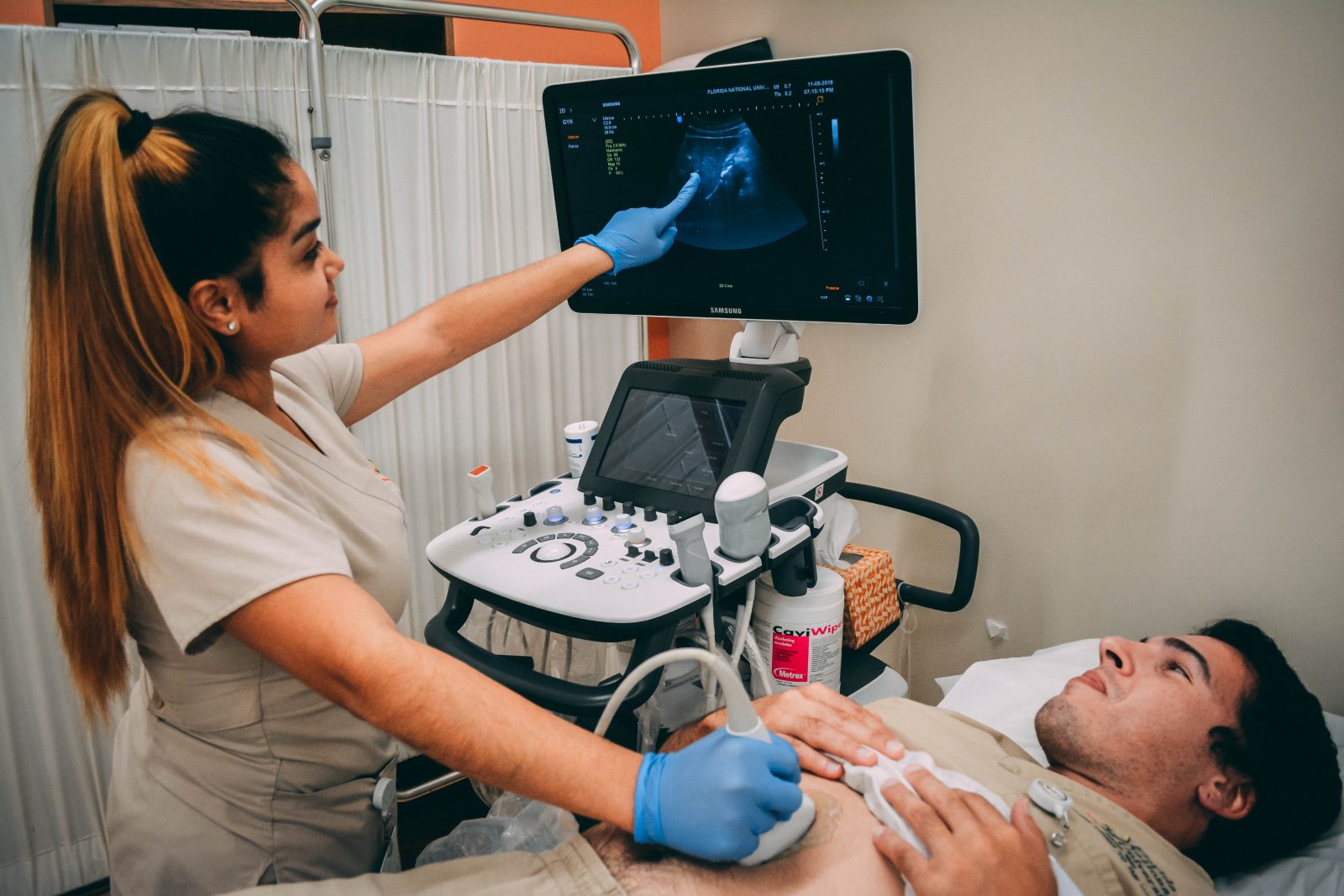 Diploma in Ultrasonography
Diploma in Ultrasonography Infertility Ultrasound Course
Infertility Ultrasound Course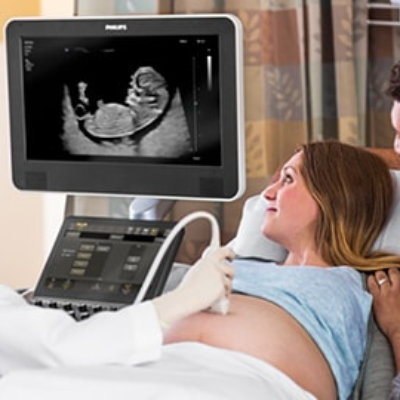 Obstetrics & Gynaecology Ultrasound Training Course
Obstetrics & Gynaecology Ultrasound Training Course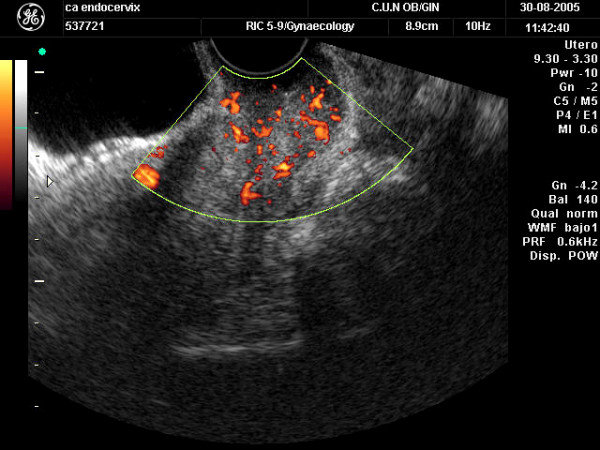 Certificate Course in Level II Scan + Color Doppler in Obstetric & Gynaecology
Certificate Course in Level II Scan + Color Doppler in Obstetric & Gynaecology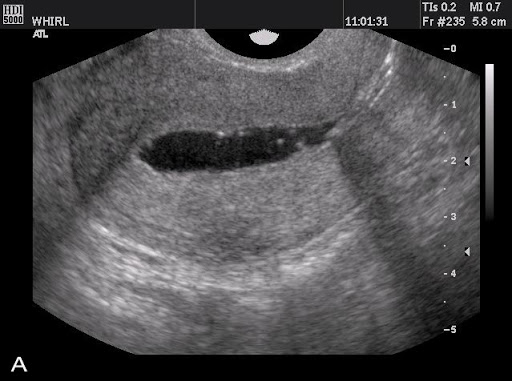 Certificate Course in Infertility Ultrasound + TVS
Certificate Course in Infertility Ultrasound + TVS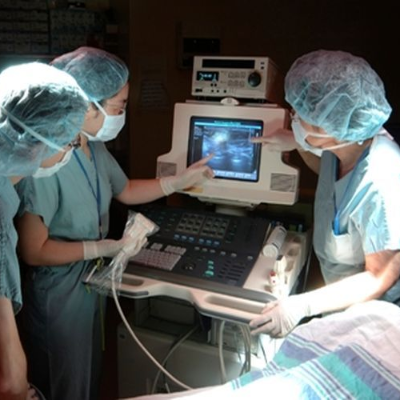 Sonography Course
Sonography Course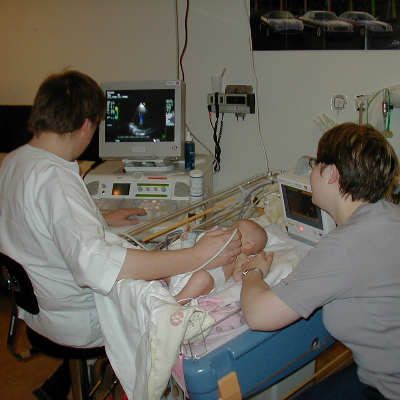 Sonology Course
Sonology Course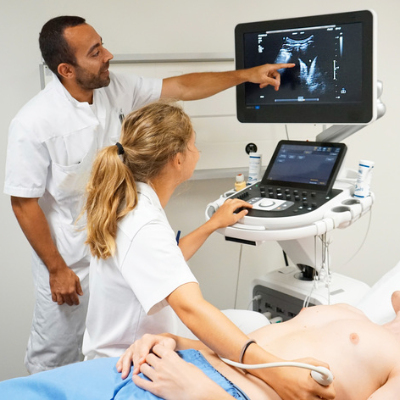 Ultrasonography Course
Ultrasonography Course USG Course
USG Course Fetal Ultrasound Training Course
Fetal Ultrasound Training Course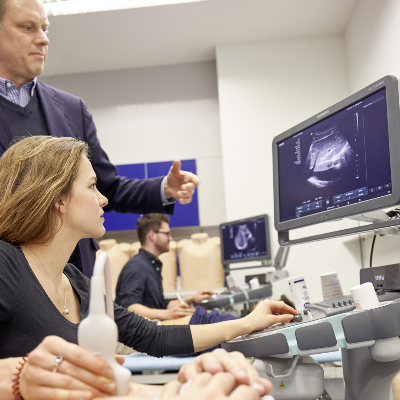 Ultrasound Training Course
Ultrasound Training Course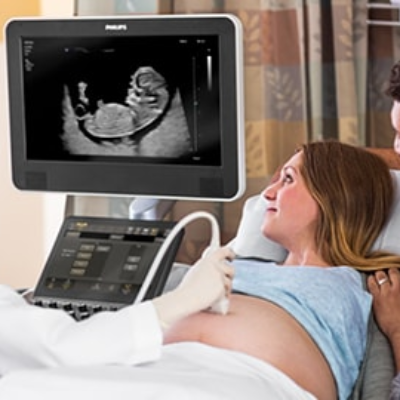 Gynaecology Ultrasound Courses
Gynaecology Ultrasound Courses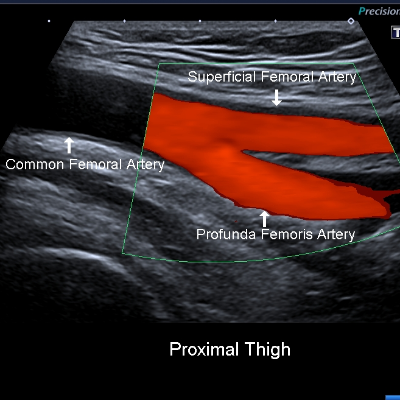 Vascular Ultrasound Courses
Vascular Ultrasound Courses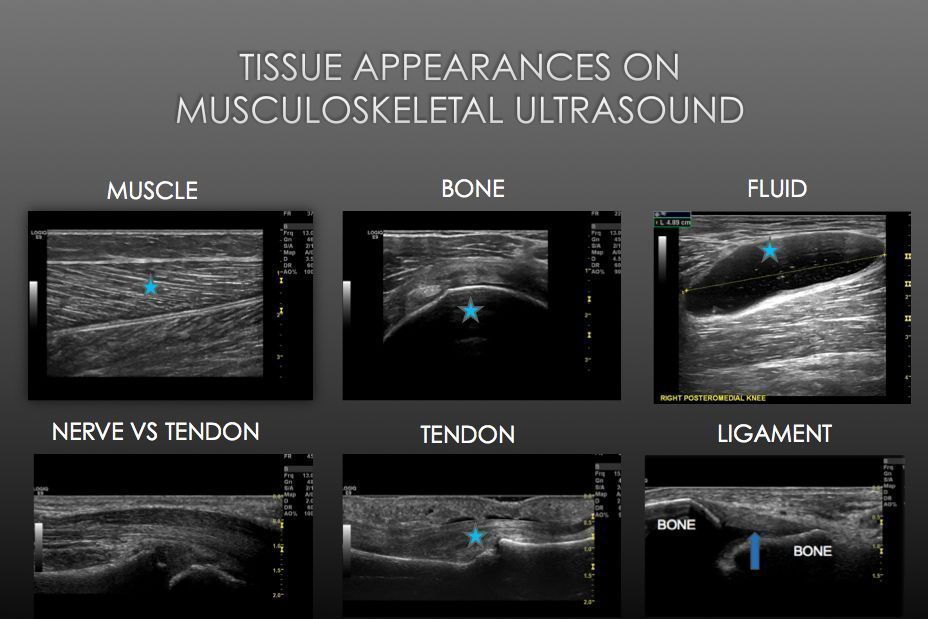 Musculoskeletal Ultrasound Course
Musculoskeletal Ultrasound Course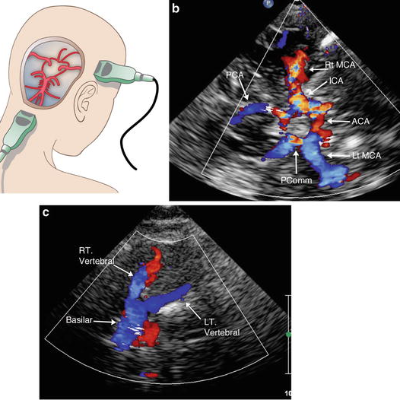 Transcranial Doppler Ultrasound
Transcranial Doppler Ultrasound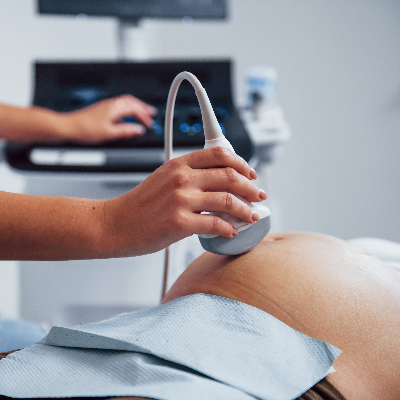 Obstetric Ultrasound Courses
Obstetric Ultrasound Courses OBS and Gynae Ultrasound Course
OBS and Gynae Ultrasound Course Certificate in Gynecology and Obstetrics
Certificate in Gynecology and Obstetrics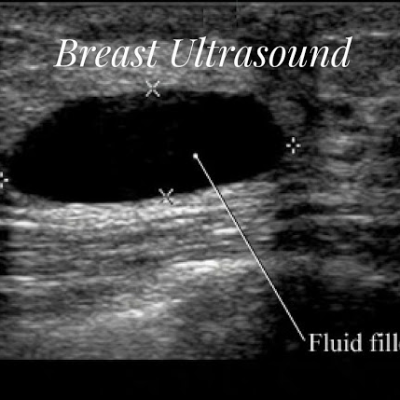 Breast Ultrasound Course
Breast Ultrasound Course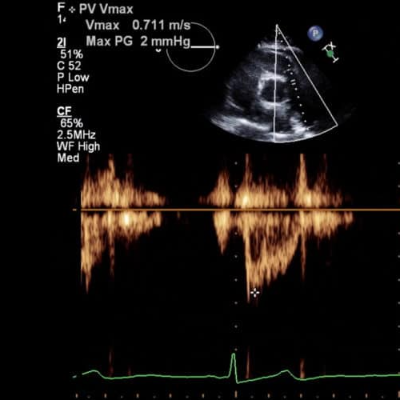 2D Echo Ultrasound
2D Echo Ultrasound DGO Course
DGO Course